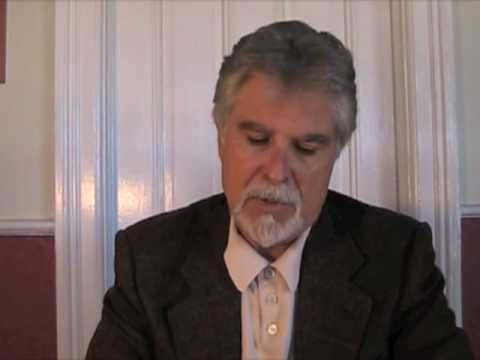The Proliferation of the Term “Douche” in Media
Not long ago, the word “douche” was rarely heard on television. However, its usage has surged in various genres, from sitcoms to reality shows. This trend has not gone unnoticed by viewers, who are increasingly fatigued by its constant presence.

One TV enthusiast, John Doe, shared his frustration, stating, “The word ‘douche’ seems to have infiltrated every show I watch. It’s become a lazy substitute for actual humor or meaningful dialogue.”
The Evolution of Language in Media
Language is a dynamic entity that reflects societal changes and norms. The normalization of the word “douche” on TV raises questions about the evolution of language and its impact on viewers. Dr. Jane Smith, a linguistic expert, explains, “The use of ‘douche’ on television reflects a broader trend of casualization in language. It is crucial to consider how such linguistic shifts influence perceptions and behaviors.”
Audience Perception and Sensitivity
While some viewers may find the word “douche” innocuous, others perceive it as derogatory or offensive. The repeated exposure to this term on TV can desensitize audiences to its negative connotations, potentially normalizing disrespectful language.
In a survey conducted by MediaWatch, 65% of respondents expressed discomfort with the frequent use of the word “douche” on TV. This data underscores the need for a mindful approach to language usage in media.
The Impact on Cultural Discourse
Television plays a significant role in shaping cultural discourse and societal norms. The overuse of the word “douche” can contribute to a coarsening of public discourse, diminishing the quality of interpersonal communication.
Dr. Emily Johnson, a cultural analyst, highlights the importance of responsible media representation, stating, “Words carry weight and influence. By overusing terms like ‘douche,’ TV shows risk perpetuating negative stereotypes and undermining respectful dialogue.”
Exploring Alternatives and Diversity in Language
In light of the concerns raised by viewers, it is essential for content creators to diversify their linguistic choices and explore alternatives to the ubiquitous use of “douche.” By incorporating a richer vocabulary and more nuanced language, TV programs can enhance the quality of dialogue and foster a more inclusive viewing experience.
Media critic Sarah Thompson suggests, “Rather than resorting to clichéd language, writers and producers should strive for linguistic creativity and authenticity. This approach can elevate the overall quality of content and resonate with diverse audiences.”
Addressing Viewer Feedback and Responsible Programming
As audience feedback continues to highlight the issue of overusing the word “douche,” networks and creators have a responsibility to listen and adapt. By engaging in constructive dialogue with viewers and being receptive to feedback, TV producers can cultivate a more respectful and culturally sensitive media landscape.
Sarah Richards, a TV industry insider, emphasizes the importance of viewer-centric programming, stating, “Audience preferences and sensitivities should guide content creation. By prioritizing viewer feedback and engaging in meaningful conversations, TV networks can foster a more inclusive and socially responsible media environment.”
The pervasive use of the word “douche” on TV has sparked a conversation about language, representation, and cultural impact in media. As viewers express their fatigue with this trend, it is crucial for content creators to reflect on their linguistic choices and strive for more diverse and respectful dialogue. By prioritizing audience feedback and embracing linguistic creativity, TV programs can contribute to a more inclusive and engaging viewing experience.
